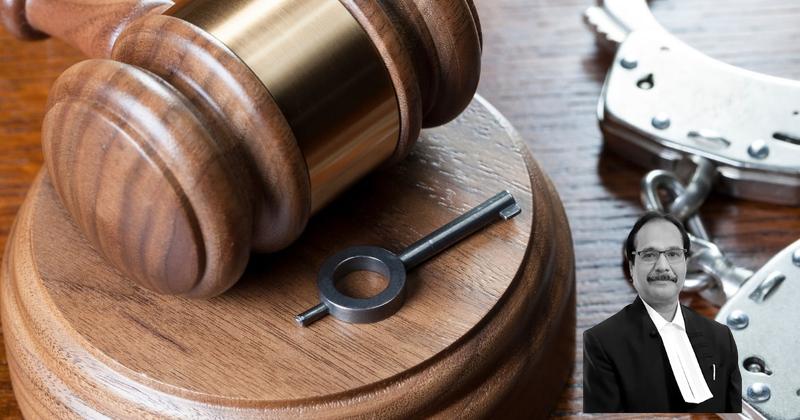In a significant legal ruling, the Delhi High Court has addressed the contentious issue of renewal of License 14 under the Catering Policy 2017. The judgment delves into the rights of existing license holders and the implications of Clause 11 on their livelihood opportunities. It explores the balance between individual rights and policy regulations, impacting various stakeholders in the catering industry.
Arguments
- The petitioners contend that Clause 11 of the Catering Policy 2017 violates Articles 14, 19(1)(g), and 21 of the Constitution by depriving existing license holders of the right of renewal and forcing them to compete against larger companies.
- They argue that the petitions should be considered maintainable despite exclusive jurisdiction clauses in the license agreements, as the policy’s impact goes beyond individual contractual disputes.
- The petitioners claim that they entered into the license agreement under coercion, economic duress, and due to an unequal bargaining position with the railways.
- They assert that the restrictions imposed by the Catering Policy 2017 are arbitrary and infringe on the fundamental rights of the license holders.
- The petitioners also highlight the need to balance the right to livelihood and equal opportunity for individuals seeking licenses, invoking principles from previous court cases.
Analysis
- The license agreements explicitly state that licenses are non-renewable.
- The clause of the Catering Policy 2017 clearly prohibits extension or renewal of catering units, except for specific units referred to in para 3.8.1.
- The extension of license tenure for the petitioners was based on a force majeure event i.e., the government-imposed lockdown due to Covid-19.
- The petitioners cannot claim a vested right for perpetual renewal of their licenses.
- Promoting equality of opportunity, the Catering Policy 2017 reserves minor catering units for specific categories ensuring marginalized minorities and weaker sections have access to livelihood opportunities.
- The Writ of Mandamus cannot be used to compel the authorities to enact laws or frame rules under Article 226 of the Constitution.
- The petitioners participated in the tender fully aware of the 5-year tenure and the non-renewal clause.
- The Authority of the Railway Board to not renew licenses unless under specific circumstances cannot be considered arbitrary or irrational.
- Court jurisdiction to entertain the writ petitions is based on the location of the authority to whom the writ is to be issued.
- The implementation of Force Majeure for the lockdown period due to Covid-19 was in line with Ministry of Finance Memorandum.
- The principles of social welfare in the Catering Policy 2017 ensure reservation in allotment of minor units for marginalized sections.
- The decisions by the zonal/divisional railways on extension of license period have to be evaluated independently and consider ground realities at specific stations.
- Challenging Clause 11 of the Catering Policy 2017 and seeking extension of licenses in contravention of their terms is not permissible.
- The petitioners can participate in fresh tenders but cannot seek renewal in perpetuity.
- The courts do not have the authority to legislate or mandate license renewal against policy terms.
- The legal essence of a license is revocability at the grantor’s will.
- Judicial review of a policy decision and issuing a mandamus to frame policy are distinctly different.
- The doctrine of election is based on the rule of estoppel.
- The State does not guarantee profits to licensees in contracts and does not warrant against losses.
- In exceptional cases, a writ may be issued for the enforcement of equitable rights.
- The tender process involves an invitation to offer, with the best bidder being accepted resulting in a contract.
- The court’s jurisdiction to entertain a writ petition is based on the averments in the petition.
- Challenges to executive instructions in manuals can form the basis for raising legal demands.
- The person bidding in a tender is aware of the obligations of the contract.
- Courts interpret laws with a creative process and consider uncertainties in executory contracts.
- A party cannot ‘blow hot-blow cold’ or ‘approbate and reprobate’ in commercial transactions.
- A challenge to a policy decision is considered if it infringes fundamental rights or statutory rights.
- The breach or threat to breach a fundamental, statutory, or enforceable equitable right is necessary for a writ of Mandamus.
- The mutual rights and liabilities in contracts are governed by the contract terms and laws.
- Entering into contracts between the State and individuals is voluntary, with no compulsion.
- The doctrine of estoppel by election is a form of equitable estoppel, a rule of equity.
- Individual license agreement and Catering Policy 2017 contain arbitration clause for grievances or claims of damages.
- No merit found in the present petitions, hence dismissed.
- Petitioners given 3 months to vacate catering units to make alternative vending arrangements.
- Transition period subject to payment of usual license fee.
- All pending applications also disposed of.
Decision
- The present petitions are held to be maintainable.
- Renewal of License 14 is in question.
Case Title: SMT.DEEPA KUSHWAHA Vs. UNION OF INDIA & ORS. (2024:DHC:4476)
Case Number: W.P.(C)-7500/2024



